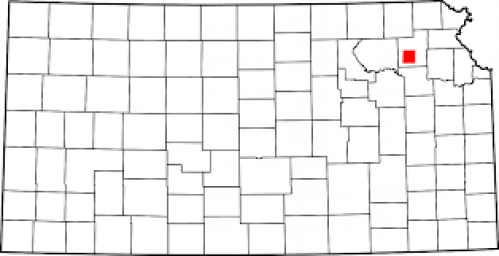Potawatomi Prairie
Potawatomi means “People of the Place of the Fire” or “Keepers of the Fire.” The tribe got this name long ago because they were responsible for keeping the fire for a group of Native American tribes. They came to this area a few hundred years ago and lived here a long time. As the seasons changed, they moved their house and had different jobs to do. In summer, the families moved to one big village with the other families. In winter, they set up small camps. Read about their lives in the different seasons. The paragraphs tell what it might have been like long ago.
Summer
We are moving to the big village now. There, we will set up a big house. We will use long poles to make its roof and floor. I will help my mother plant. First we will dig in the ground with a big shoulder bone from a deer. It is hard work to dig and plant. After we plant, we will have a lot of food. My sister says summer is her favorite time. My mother likes it, too. She likes to be with our big family in summer. There is a lot of work to do, but everyone helps.
Autumn
We have a lot of food. Every day, I pick more beans. We’re drying the big pumpkins to save for the winter. My father hunts a lot. Soon we will move to our winter camp. I get nuts and berries from the forest. I eat some when I find them, but I bring most of them home.
Winter
We saw deer and raccoons and knew this would be a good place for hunting. So, we set up a wigwam, which we made from branches of trees. We left a hole for the smoke from the fire to get out. We covered the outside of the wigwam with bark. Today, it is cold and it just snowed. My father says it’s a good day to hunt. He will be able to see the tracks in the snow. My mother says we need more food. If we don’t have enough food in this place, we may have to move our camp to another place, with more animals. In winter we cannot grow plants to eat.
Spring
My father is going fishing. He has a net he made from deer sinew. So fishing is mostly a spring and summer job. My father likes the spring best. He says it is a time of hope. He hears the birds sing and sees the plants start to grow again. I like spring, too. Soon we will see flowers.
